June 7, from Communications Daily
By David Kaut
The FCC is committed to striking the right balance of cost and speed in its upcoming Connect America Fund Phase II reverse auction to spread broadband deployment further into high-cost areas, an FCC official said at the live-streamed Mountain Connect conference in Keystone, Colorado. “We’re dedicated to getting it right,” said Ryan Palmer, chief of the Telecommunications Access Policy Division in the FCC Wireline Bureau. Also, Palmer said top commission priorities this year include special access reform and tribal broadband access.
In the CAF II auction, providers will bid for up to $215 million in annual funding support to provide both broadband and voice service in high-cost and extremely high-cost rural areas where large (price-cap) telcos didn’t accept support or weren’t even offered support, said the auction order approved last month. The FCC still must decide how to prioritize bids in its final order setting up the auction, including whether to place more importance on keeping the price down or providing better broadband, Palmer said. “Obviously we would love it if everyone in the country could be connected to gigabit service tomorrow. But we’re also working with the reality of a limited pool of money, and we need to get the most bang for our buck.”
Palmer said the FCC will monitor the progress of incumbents, which accepted $1.5 billion in CAF II annual support over six years to expand broadband deployment. Incumbents in about 30 states accepted FCC offers of support, he estimated. Some elected officials on Capitol Hill voiced worries about what will happen if incumbents don’t meet commitments, but the FCC will review incumbents’ progress reports and refer any problems to the Enforcement Bureau, Palmer said. If carriers don’t meet obligations, the bureau “will look into it and see what’s going on.” He said the shape of enforcement may depend on who’s president next year: “By the time we get [to enforcement], we’re going to have a different administration, most likely a different chairman and a different bureau chief of the Enforcement Bureau.”
Special access is a “top priority” for FCC Chairman Tom Wheeler, and he committed to issuing an order on a new regulatory structure for business data services by year-end, Palmer said. Comments are due on proposals at the end of this month, he said: “Things are moving fast.” The FCC wants to deregulate where there’s enough competition, and implement “safeguards to encourage competition and innovation” in areas where there’s not. Also this year, Wheeler wants to move forward on an order addressing tribal broadband issues, said Palmer. The recent Lifeline order didn’t address several issues important to tribal nations, he said. The order likely will include action on a proposal submitted by the National Tribal Telecommunications Association to target more universal service support to rate-of-return carriers serving tribal lands, he said. “What else will be a part of that, we’ll have to see, but it’s a real priority.”
Palmer thinks the FCC should update its broadband map, but the commission hasn’t received the funding it needs from Congress, Palmer said. “Money is a big factor” preventing an update, he said. “It’s extremely expensive, not just for the technology, but for the significant number of man hours and expertise you need to bring in to make it happen.” In the meantime, the FCC has been trying to collect Form 477 data to make it more useable, he said. Reports from incumbents receiving CAF will also improve the FCC’s picture of broadband availability, he said. The incumbents are required to report starting this year specifics on where they’ve reached, he said.
Access to rights of way remains a hurdle to spreading broadband, said Palmer. While his division doesn’t work on the issue, he noted a general “sense of frustration” at the commission that more hasn’t been done. “A lot of these barriers that are out there are not in our control … so we have tried to serve as a conduit to try to share information and share stories that we’re hearing.” President Barack Obama’s Broadband Opportunities Council assigned member agencies to look into the issue, but they won’t make recommendations until after the November election and it will be up to the next administration to decide next steps, he said. “I would hope whoever the next president is realizes this is a real barrier to success.”
